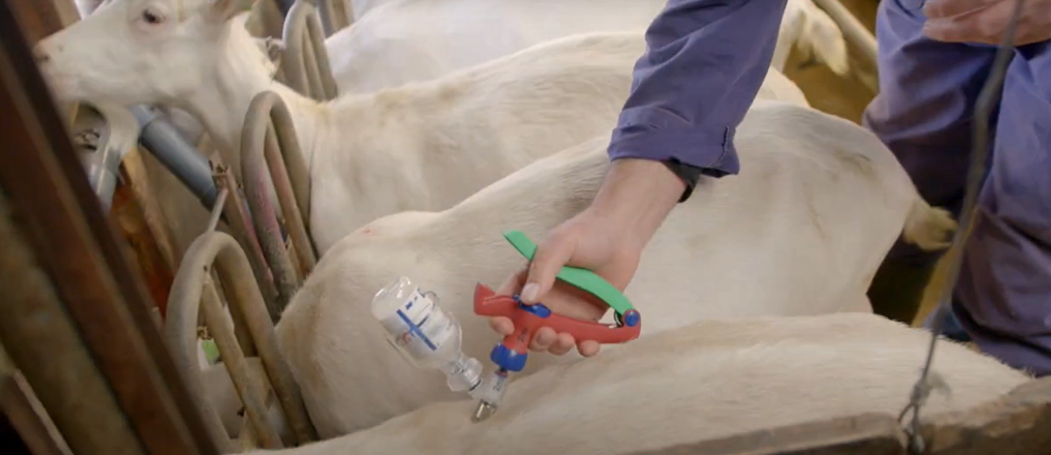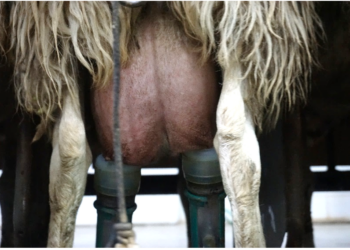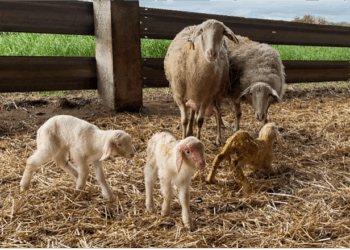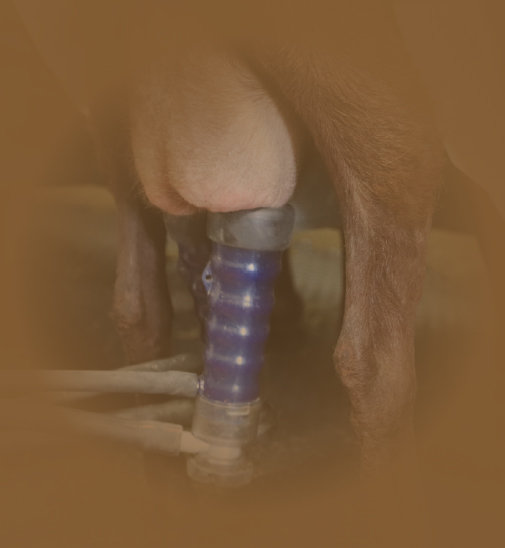Why is vaccination important?
It is essential to act in advance and put barriers in place to prevent diseases from reaching the farm. Vaccination is a key tool for preventing diseases and protecting the herd.
Once they enter the herd, some pathogens are very difficult (or even impossible) to eliminate; two examples are Chlamydia abortus and Mycoplasma agalactiae. It is therefore crucial to always prevent in order to avoid having to suffer the impact of these diseases.
Management, biosecurity and vaccination: the pillars of prevention.
Some pathogens, such as Clostridia or Staphylococcus spp, are already found on the farm. In such cases, it is essential to control infections with vaccines: they help us reduce clinical signs and protect healthy animals.

Benefits of implementing a vaccination plan
-
- Improved animal health.
- Improved animal welfare.
- Reduction of the financial impact of the diseases.
- Increased production.
- Better quality product.
- Increased profitability.
- Reduction in production costs.
- Reduced resistance to antibiotics.
Establishing prevention plans is the basis of a profitable farm.
Adapted vaccination plan
The vaccination plan must be designed and adapted according to the needs in each case, taking into account the characteristics of each farm and its environment.
Factors to be considered:
-
- Suitability of the herd: dairy or meat
- Production system: intensive or extensive
- Diseases which are endemic or present in the region
- Diagnosis of diseases in the herd
- Mating and farrowing season
- Possible outbreaks of diseases
- Management and facilities
Other factors that depend on the characteristics of the vaccine:
● Safety: possibility of administering vaccines together, whether they can be used during lactation or pregnancy, possibility of vaccination at an early age…
● Posology and protocol: in batches or blanket, intramuscular or subcutaneous route, protocol at a specific time, interval between doses…
Conclusions
-
- It is necessary to vaccinate in order to control and prevent diseases.
- To ensure that it is effective, the vaccination plan has to be adapted to each case.
- Vaccination improves the profitability of the farm.
Article written by:
Tania Perálvarez Puerta. Product Manager Small Ruminants Unit – HIPRA




